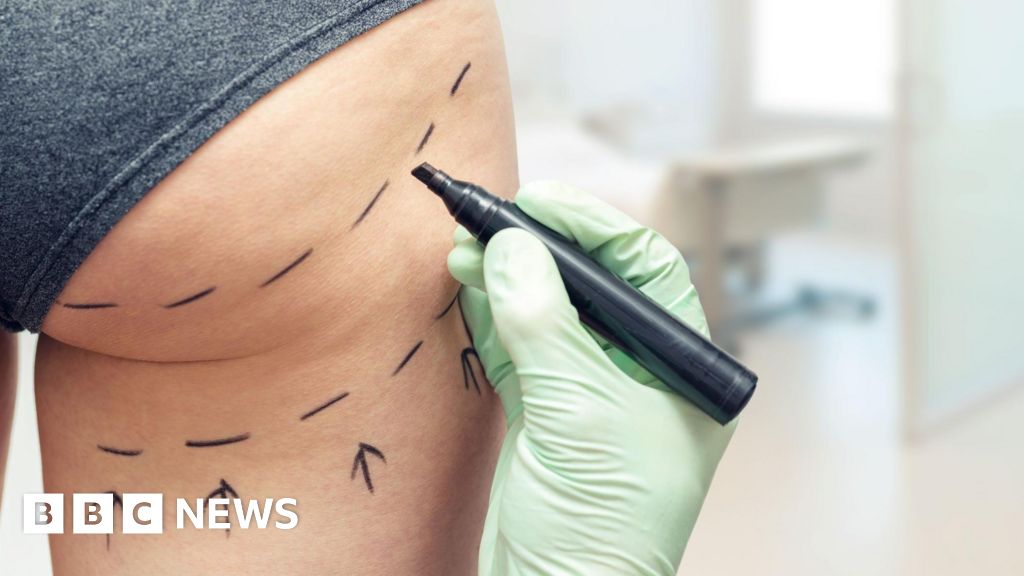Brazilian butt lift ads banned by UK regulator
Brazilian butt lift ads banned by UK regulator

The ads used time-limited deals to “irresponsibly pressurise” customers into booking, says the Advertising Standards Authority.
Read the full article on BBC Health
Truth Analysis
Analysis Summary:
The article is highly accurate. All key claims are verified by multiple reliable sources. The reporting appears neutral and balanced, presenting the facts without any discernible slant.
Detailed Analysis:
- Claim:** "The ads used time-limited deals to "irresponsibly pressurise" customers into booking, says the Advertising Standards Authority."
- Verification Source #4: Supports this claim, stating "The ASA said the ads irresponsibly pressured consumers into booking..."
- Verification Source #5: Supports this claim, stating "The ASA said the ads irresponsibly pressured consumers into booking..."
- Claim:** The ads were for "liquid Brazilian butt lifts (BBLs)".
- Verification Source #1: Supports this claim, stating "Adverts from six companies selling liquid Brazilian butt lifts (BBLs) have been banned..."
- Verification Source #2: Supports this claim, stating "Adverts from six companies selling liquid Brazilian butt lifts (BBLs) have been banned..."
- Verification Source #3: Supports this claim, stating "Ads for six providers of liquid Brazilian butt lifts (BBLs) have been banned..."
- Claim:** The ads were banned for "trivialising the risks and exploiting" customers.
- Verification Source #1: Supports this claim, stating the ads were banned for "trivialising the risks and exploiting..."
- Verification Source #2: Supports this claim, stating the ads were banned for "trivialising the risks and exploiting..."
- Verification Source #3: Supports this claim, stating the ads were banned for "trivialising the risks of the procedures and exploiting..."
- Verification Source #5: Supports this claim, stating the ads "trivialised the risks, or exploited women's insecurities around body..."
Supporting Evidence/Contradictions:
- Verification Source #1, #2, and #3 all agree that the ads banned were for liquid BBLs.
- Verification Source #4 and #5 both agree that the ASA stated the ads irresponsibly pressured consumers.
- Verification Source #1, #2, #3, and #5 all agree that the ads were banned for trivializing risks and/or exploiting insecurities.
- There are no contradictions between the sources.
